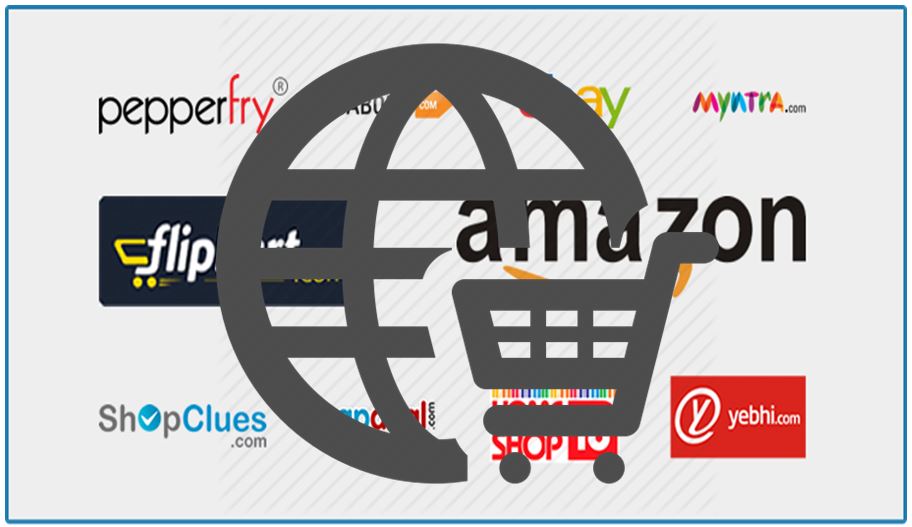With a stiff rise of 17% in internet user base, India’s internet user base rose to around 354 Million. It has given the Indian Digital Commerce market an opportunity to grow up to $128 Billion by 2017 from the existing $42 Billion says a study.
The joint study by Assocham-Deloitte also state the reason for the growth as, “Increasing mobile and Internet penetration, m-commerce sales, advanced shipping and payment options, exciting discounts, and a push into new international markets by e-businesses are the major drivers of this unprecedented growth.”
Bust can we say India is ready to accept Digital Commerce? It will always be a question mark unless we overcome some of the challenges that are critical to achieve this success. In the pursuit to start an ecommerce company I am also being confused how to tackle the below challenges.
Supply Chain and Logistics
In a vast country like India supply chain and logistics are highly complex and our current infrastructure is not yet well developed. Choosing a preferred logistic partner is still a challenge even for the most successful e commerce companies in India and they are not yet able to reach out to the rural mass.
Taxation and Legal Issues
“The taxation policies for the e-businesses are not well- defined; depending on different business models and transaction type. The complexity has further amplified with transactions happening across borders for online selling of goods and services,” Assocham Secretary General D S Rawat said.
There is also no clarity among our CAs and lawyers regarding the actual Service taxes/VAT and other taxes to be paid due to complexity of this simple business which is not yet defined in Indian Law.
Lack of ecommerce policy
India lacks a dedicated e-commerce laws that are required to address issues in the sector’s legal and regulatory framework. If you analyse the sector most of the companies are operating either as platform provider or aggregator. The industry is almost running on a service model for years now which need to be categorised depending on the offerings being made online.
Banking, Funding and Financing
Financing is a key success factor for the industry. With the increasing interest of various Angel Funds or Venture Capitalists the market is all set to go to the new heights. But it is not an easy task to get funding unless you really have a great idea. We also have many regional e commerce players finding it difficult to structure their business model making it difficult for them to get financial support.
In this regard banks must play a leading role as ‘facilitators’ by offering cost effective cash management solutions, secure payment gateways and other relevant banking services to the sector, the study says.
Customer Servicing and IT Infrastructure
Indian population is still hesitated to purchase online in the fear of trust and cyber-crimes and our industry leaders also failed to gain the trust factor. The industry has no defined service platform to offer and individual players are trying and testing various models till now.
In this regard Indian IT industry need to play a vital role to develop robust platforms specially designed for the digital commerce industry. In my opinion open source platforms can attracts more players to the industry to achieve the targeted growth figure and that need to be done fast.
However there are some good news for the industry with the Government’s Digital India initiative and the increasing adoptability of the social media platforms to promote the online offerings.
The study also says that e-commerce companies are relying on social media to build their marketing strategies by better understanding of customer needs. It also further adds that the ambitious Digital India initiative will bring rural internet and broadband connectivity which will help the industry to penetrate and increase trade.
We now have many more concepts coming to reality in the digital commerce industry and you can now find almost everything online. With a targeted investment of $17 billion, India is marching to become a connected economy and can also create millions of job opportunity.
Please share your valuable comments below to make this article more resourceful.
